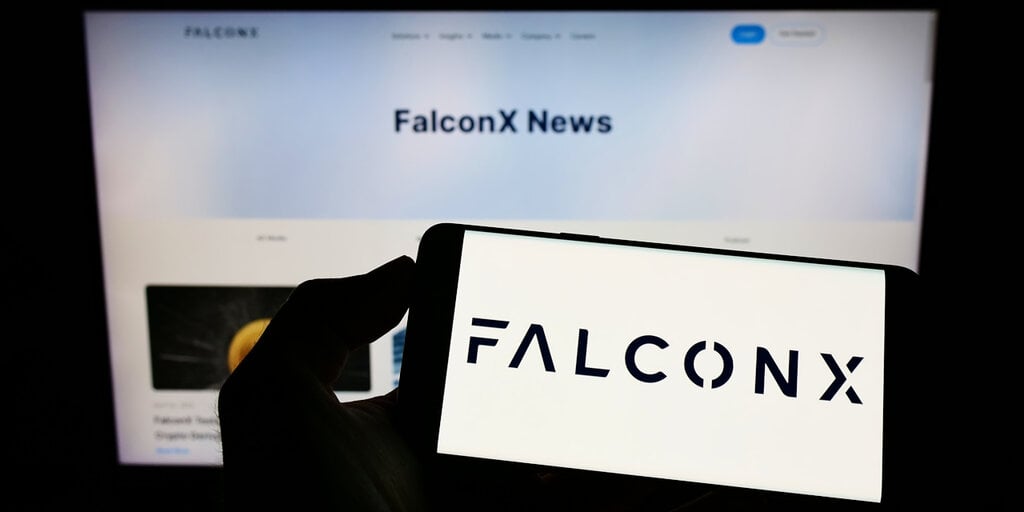Pioneer Acquisition I Corp's $253M SPAC IPO: A High-Conviction Play in a Volatile Market?
Isaac LaneFriday, Jun 20, 2025 7:17 pm ET
![]() 14min read
14min read
The SPAC market, once a casualty of regulatory scrutiny and market volatility, is showing signs of life. Pioneer Acquisition I Corp's $253 million IPO, which closed on June 20, 2025, is a case in point. Structured as a Cayman Islands exempted company and underwritten by Cantor Fitzgerald—a seasoned SPAC arranger—the offering was oversubscribed, with the over-allotment option fully exercised. This combination of investor demand, strategic structuring, and institutional backing positions Pioneer as a SPAC to watch. Yet, its success hinges on navigating the two-year window to identify a target—a challenge that has felled many predecessors. Here's why Pioneer stands out, and how investors should position themselves.
Pioneer's IPO raised $253 million by selling 25.3 million units at $10 each, including 3.3 million units from the over-allotment option—a clear sign of investor confidence. The units, now trading under the ticker PACHU on Nasdaq, include Class A shares and warrants exercisable at $11.50. The oversubscription underscores demand for SPACs that offer a blend of and —a rare combination in today's market.
Cantor Fitzgerald, the sole book-running manager, is no stranger to SPACs. In 2024 alone, it underwrote high-profile deals like Cartesian Growth Corp III ($276M) and Republic Digital Acquisition Co ($253M). Its track record suggests Pioneer's management team has access to a robust network of deal-sourcing and execution expertise.

The Cayman Islands' role in Pioneer's setup is no accident. As a jurisdiction, it offers three critical advantages:
1. : No income or capital gains taxes, shielding sponsors from the U.S. excise tax on stock repurchases (a feature of the Inflation Reduction Act).
2. : A streamlined corporate framework, including statutory mergers that can close deals in —crucial for meeting the two-year deadline.
3. : A “loser pays” legal system reduces frivolous lawsuits, which have plagued Delaware-based SPACs.
These factors have made Cayman the preferred domicile for 98% of U.S.-listed SPACs in 2024–2025. For Pioneer, this structure minimizes operational and regulatory drag, allowing the team to focus on dealmaking.
No SPAC is without risks. Pioneer's two-year clock expires in June 2027, leaving just 24 months to identify, vet, and execute a merger. The window is tight, especially given current macroeconomic headwinds:
- : A potential recession or equity market slump could depress target valuations, forcing Pioneer to pivot to lower-quality deals or risk missing its deadline.
- : The SEC's ongoing scrutiny of SPAC disclosures and governance practices could delay approvals.
- : With over $14 billion in SPAC capital raised in 2025 alone, Pioneer must compete aggressively for viable targets.
Pioneer's strengths—oversubscription, Cantor's expertise, and Cayman's efficiency—position it as a , but investors should proceed with a disciplined strategy:
1. : Allocate a small stake in PACHU (or the separated shares, PACH) to track its progress. Monitor for (typically made 6–12 months post-IPO).
2. : Look for a target in sectors like clean energy, biotech, or AI—areas where Cayman's cross-border appeal and tax benefits shine. A credible target with strong growth metrics could trigger a .
3. Avoid Overcommitment Before the Target is Known: Until Pioneer identifies a merger partner, the stock's value is speculative. Use stop-losses to mitigate downside risk.
Pioneer Acquisition I Corp's IPO checks many boxes: investor demand, institutional credibility, and a jurisdictional edge. Yet its success depends on executing a timely, high-quality deal—a feat that requires both luck and skill. For investors, Pioneer is worth monitoring closely. A watch list position now allows you to pivot quickly if the SPAC announces a compelling target, while avoiding overexposure to SPAC-specific risks until then.
The Cayman structure and Cantor's backing are solid foundations, but the proof will come when Pioneer names its target. Stay alert—this SPAC could be a winner in a tough market.









